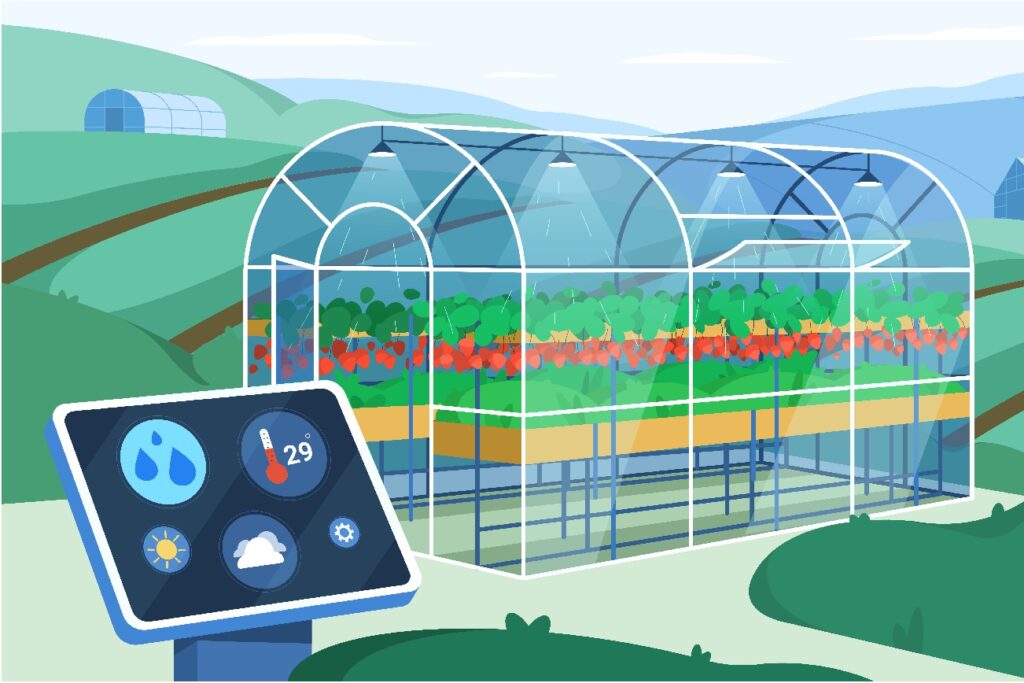In greenhouses and agricultural facilities, air quality is critical for plant health and productivity. High humidity levels, in particular, increase the risk of mold, mildew, and plant diseases. Therefore, dehumidification systems offer essential solutions for agricultural applications.
Why Is Humidity Control Necessary in Greenhouses?
Excess humidity in greenhouses often leads to condensation on plant leaves. This accelerates the formation of mold and bacteria. Moreover, it negatively affects plant growth and reduces yield. That’s why it’s vital to maintain balanced humidity levels using appropriate dehumidification systems.
Which Systems Are Used?
In agriculture and greenhouse environments, desiccant dehumidifiers and heat recovery air handling units are commonly used. These systems remove excess moisture from the air and create ideal climate conditions. In addition, their energy efficiency offers significant cost advantages for operators.
What Are the Benefits?
- Prevents mold and fungal growth
- Enhances plant growth
- Improves product quality
- Reduces energy costs
- Creates optimal indoor agricultural conditions
Furthermore, automation allows these systems to maintain consistent humidity levels with ease.
In conclusion, dehumidification systems in greenhouses and agricultural facilities are crucial for improving crop yield and quality. With the right equipment and automation, businesses can achieve energy savings while maintaining healthy growing environments.
Keywords
greenhouse dehumidification system, agricultural humidity control, desiccant dehumidifier, mold prevention in greenhouses, agricultural HVAC systems, energy-efficient greenhouse solutions, internal greenhouse dehumidifier, plant health humidity control, dehumidification unit for agriculture, humidity balance in farm facilities
